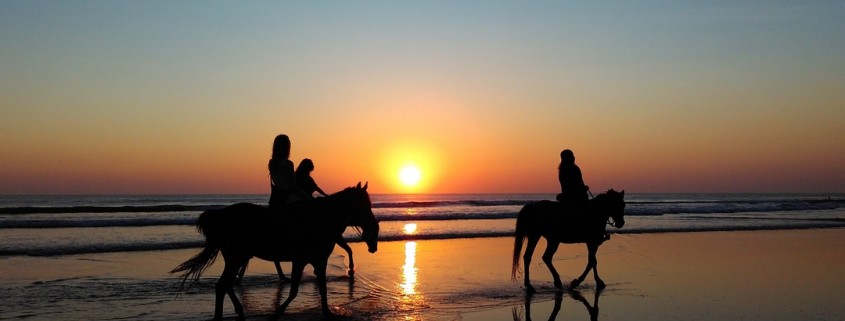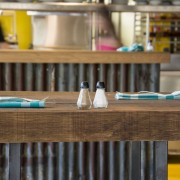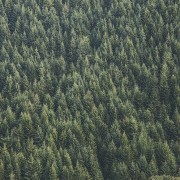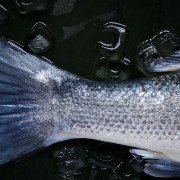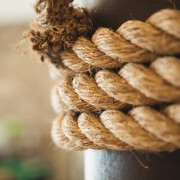My Pillar Fire
It was the year everything changed. Childhood was ending. We were leaving the elementary school that had been our winter home in daylight hours for seven years.
The school building was as familiar as the houses we came from, but a refuge from parents, and a playpen where we knew the rules and how to get around them. As prisoners of education, we had grown close in opposition, conflict, and surrender to authority. The building was an antiseptic reality we had come to despise, and now vaguely feared to leave. More the playground we had suffered to escape onto, for fifteen minutes twice a day, where the games for fun had been played for keeps, with scores mounting, where fights broke out and established the pecking order of physical power, grading the fighters as lastingly as report cards.
On the playground, we heard the first rumors of the facts pertaining to babies, where they came from, the mystifying, mortifying, genitalic facts, and misinformation, passed down from older voice box to younger ear drum. Nobody quite believed it.
In innocence Judy Johnson became my beacon, my pillar fire. Her slightest move caused my internal compass to fluctuate. Her glance telegraphed immensities. The touch of her hand was fire. Any indication that another boy might lodge in the forefront of her dreams, brought me to the brink of volcanic acid reflux.
Even if yesterday, if ten minutes ago, she had sworn to be my sole possession; I had to know again—did she really . . . really-really “like” me? Would she swear to it one more time?
Poor girl.
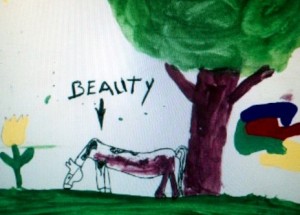 My sharpest recollections of Judy mostly include Pine Lakes Country Club and the horse stables behind the golf course. She and my little sister Suzanne, my cousin Lynn Epps, and around half a dozen girls collected each afternoon at the stables to ride and run free of parents. There were shady trails in the woods and dirt roads to race on, and the beach was open to horses in the fall and winter and spring of the year, when the riding was cool, the beach was deserted, and sometimes the girls would take the horses in swimming.
My sharpest recollections of Judy mostly include Pine Lakes Country Club and the horse stables behind the golf course. She and my little sister Suzanne, my cousin Lynn Epps, and around half a dozen girls collected each afternoon at the stables to ride and run free of parents. There were shady trails in the woods and dirt roads to race on, and the beach was open to horses in the fall and winter and spring of the year, when the riding was cool, the beach was deserted, and sometimes the girls would take the horses in swimming.
Judy owned a mare with the misfit name “Beauty,” a “paint,” a spotted horse: brown, white, and black. Paints were often beautiful, expensive horseflesh. Judy’s mare was barrel-bellied, misshapen in the hindquarters, knock-kneed, too slow to race, and too lazy to buck, the sort of horse a parent would give a little girl who was too cute to be stepped on.
I followed Judy Johnson to the stables each day. My memories are all one with the smell of oats sweetened with molasses, and the fresh dry hay that we fed the horses. The intoxicating fumes of horse manure fertilized something gigantic that grew in me, and the girls, no doubt. Judy was my first fantasy of marriage, the first girl whose features I saw in the vague, dreamed-of profiles of children I would father. I followed her on horseback as well as I was able, astride the nominal quarter horse that belonged my sister, which I commandeered at the nearest chance and trotted off after Beauty, as it were, in case Judy had some use for me, which I doubted deeply and could not bare to go without confirmation of, in case it was not true, if she wanted me for any reason, in case I could do her the service of disappearing. Sometimes I followed her just to keep my apologies fresh. She was the first girl I suffered for at length, and lingered over in thought at night, until the very last moment of consciousness, and then the gift of sleep, when the spirit accepted doubt as justice for the ecstasy of knowing that my ring was on her. I suffered for the monster of love.

